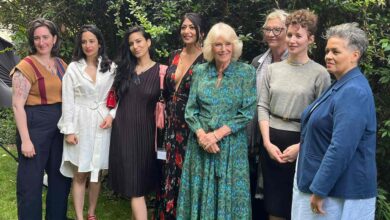Why do women read more fiction than men?
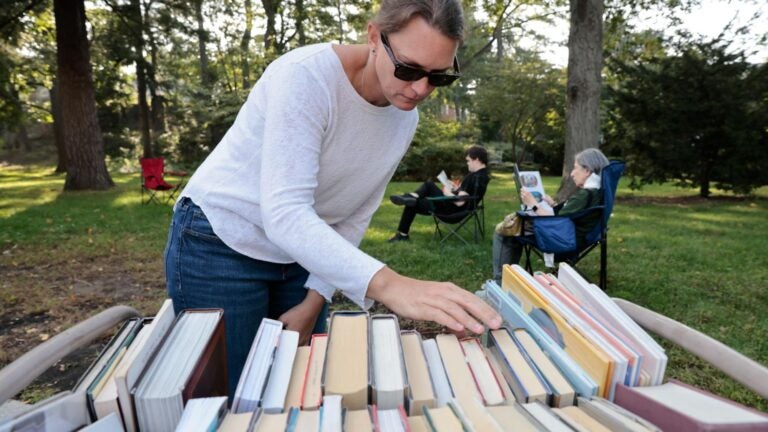
Book Club
Just over half of women and 40% of men read a book in 2022, but just 29.5% of men read fiction, compared to 49.2% of women.
You’re reading Book Club, Boston.com’s guide to the Greater Boston literary scene. Sign up to get book recommendations, author Q&As, deep dives on trends in the industry, and more in your inbox every week.
Dear readers,
As we bring Women’s History Month to a close, I thought it fitting to reflect on the unique ways women engage with literature, specifically fiction.
It’s often observed that women are more likely to read fiction than men, and while much has been written on men’s reading habits, less has been done on women’s practices. As we honor women writers and literary advocates this month, I took a deep dive into why women read and explored the gender gap in reading.
📚 Reading anything good lately? Share your last great read with us.
Books move her. He’s not so sure.
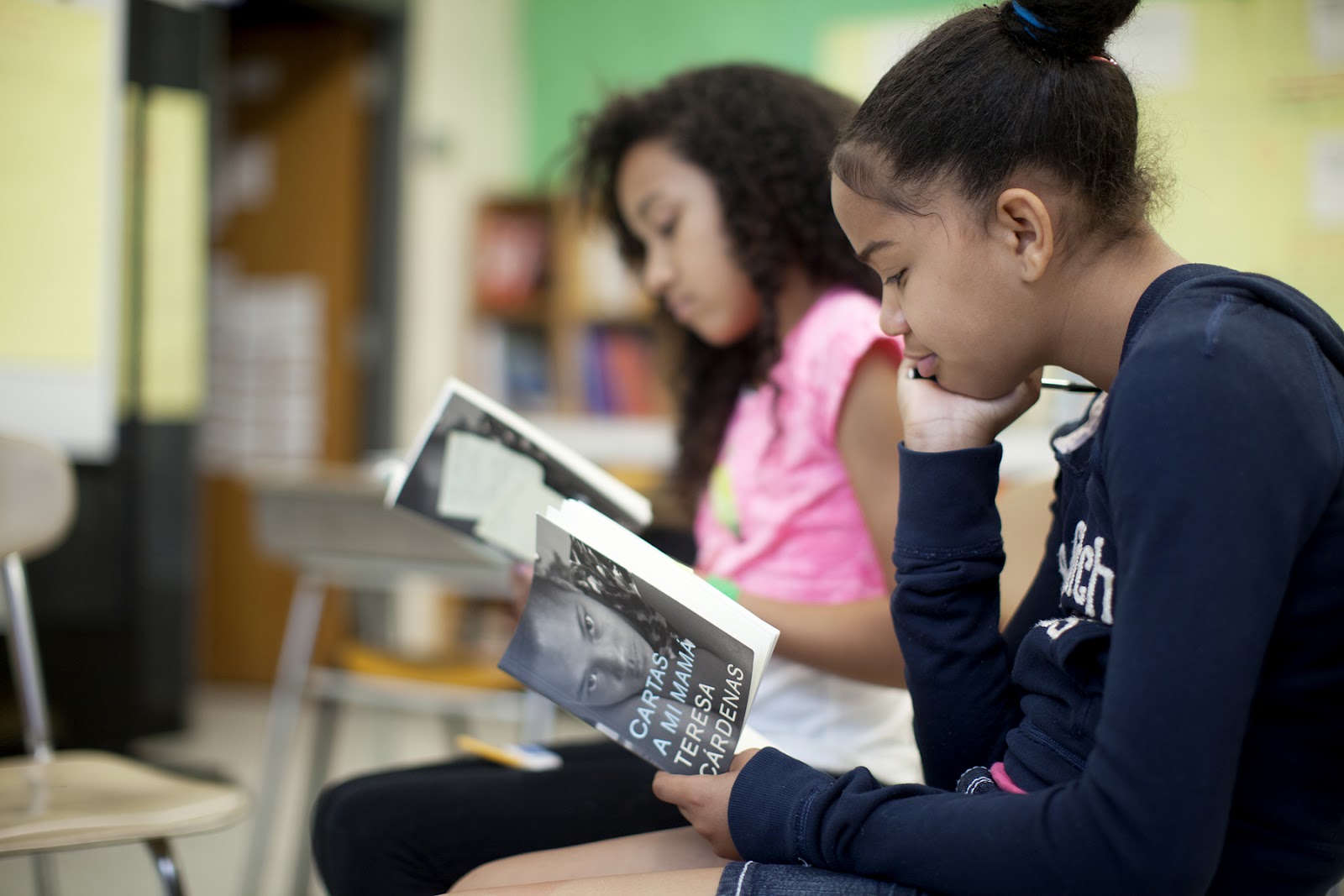
I remember the very first time I finished a novel, probably in the second or third grade. It was Sharon Creech’s “The Wanderer,” a story about a 13-year-old girl, Sophie, who sets sail across the Atlantic ocean with a gaggle of uncles to visit her grandfather in England.
I was absolutely awestruck after finishing the book, in complete disbelief at not only having hit a milestone (finishing my first chapter book!) but also at the complete escape into another world. I felt like Alice, falling down the rabbit hole into Wonderland, wholly transported to a new and exciting world. That experience changed my life, and I haven’t stopped reading since.
I hope boys (now men) had these kinds of experiences with reading, too. I mourn for those who haven’t. According to the internet, many men haven’t had that kind of experience, and as a result, don’t read – to the detriment of society, apparently.
In a brilliant story on the viral panic over men’s reading habits, Vox journalist Constance Grady examines this curious phenomenon coursing through the cyber sphere. The thinking goes: if men’s disinterest and decline in reading continues on its downward trajectory (as data show), dark days loom ahead for America. Or, another variation: “If men had been willing to read novels, the idea is, perhaps Kamala Harris would be preparing her inaugural address right now,” Grady writes.
It is true that men read less than women, and there is a gender gap in reading, to be sure. A 2022 study from the National Endowment for the Arts (NEA), administered by the Census Bureau, offers some insight: Just over half, or 56.6%, of women and 40% of men read a book in 2022, but just 29.5% of men read fiction, compared to 49.2% of women.
“Both populations deserve study so that promoters of the literary arts (e.g., publishers, bookstores, nonprofit organizations, educators) understand how motives and interests in fiction-reading may show up differently in the two sexes – and what are some respective barriers,” Sunil Iyengar, the director of research and analysis at the NEA, told me in an email.
In the midst of this online panic, I thought about the literary men the internet has grown to idolize: the “book-boyfriend,” the @hotdudesreading Instagram account with more than 1 million followers, the idea that “the sluttiest thing a man can do is read” (yes, that’s a real headline). We put men who read on pedestals, and look at their disinterest in reading as a bad omen for this country. Their reading habits are viewed as simultaneously (paradoxically!) responsible for both our “downfall” and also a means toward our “salvation.”
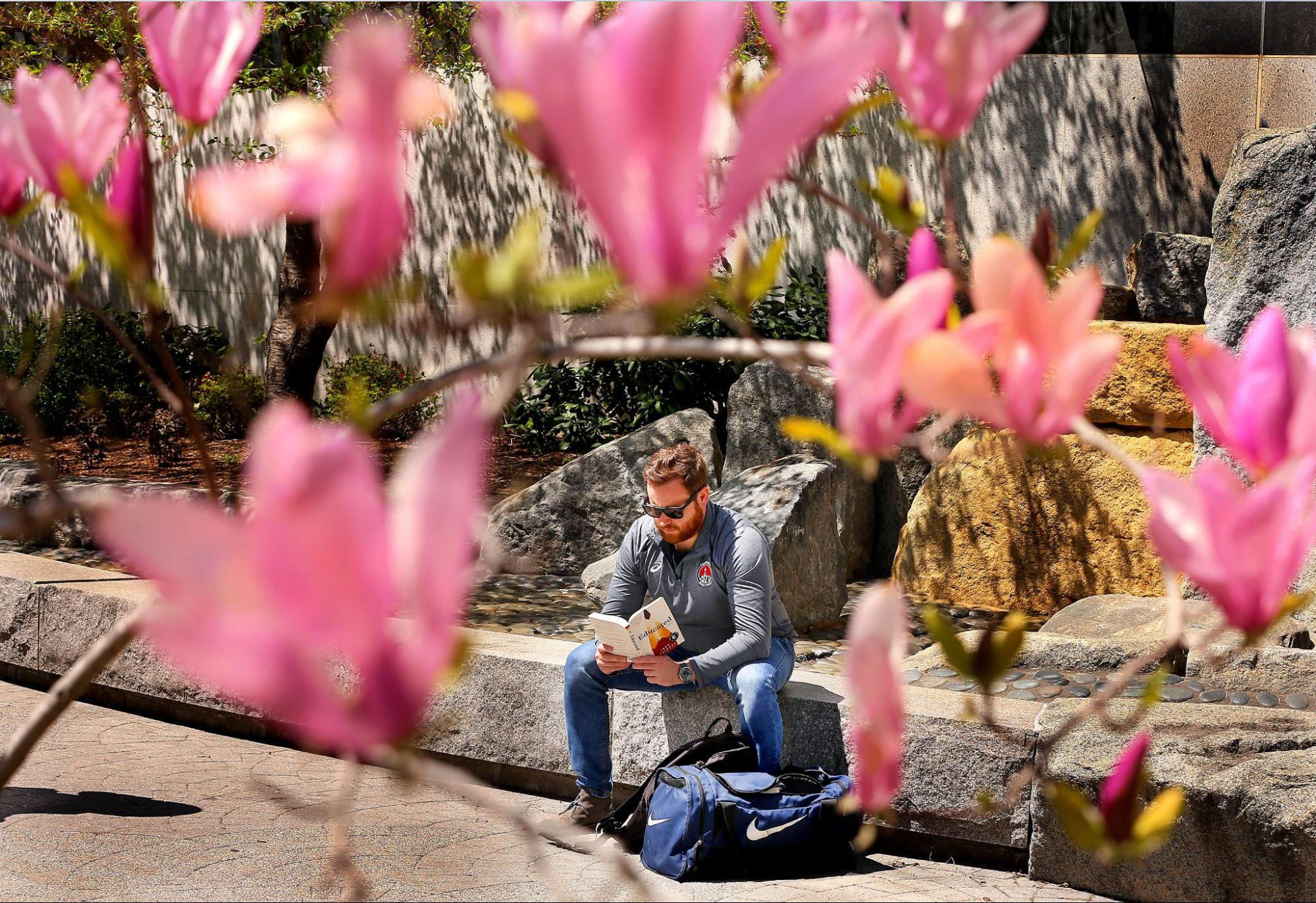
But getting men to read more fiction won’t – can’t – be what “saves” us. And our desire for this to be the solution “says a lot about what our culture worries about and all the things we hope will heal us,” Grady said.
Reading Grady’s piece on the anxiety around men’s reading habits made me think about women, who seemed to have gotten lost in translation, or overlooked (surprise, surprise), in the viral panic over men.
It also made me think about the binary, cis-gendered way we study and perceive reading habits across genders. I hope this newsletter goes beyond the binary, to explore why reading is so important and impactful to all of us.
Why do women read more fiction than men?

My search for answers led me to Helen Taylor, a British author and emeritus professor of English at the University of Exeter.
Taylor’s book, “Why Women Read Fiction: The Stories of Our Lives” was published in 2019 and explores some of the anecdotal trends surrounding women’s reading habits.
To be clear, Taylor’s book isn’t a sociological study on women’s reading habits (she had no interest in such a methodology, she said, adding that answering the question of why women read fiction is frankly too large of an undertaking to be possible).
Instead, she interviewed and polled over 500 women readers and writers through questionnaires about their reading habits. She attended literary festivals, conferences, book clubs, and anywhere women went to find great books (and each other).
What she found was this: “Women use fiction in different ways from men…they see their reading as being a part of their life, not something separate from their life. It is something that guides their life,” she said in a phone interview.
It’s also a way to subvert patriarchy, Taylor said.
“We live in a patriarchal society where men are setting the agenda, where men are telling us who we should be and what we should be. But fiction is giving us different stories. It’s telling us stories about powerful women, about imaginative women, about women who subvert patriarchy and who create their own lives. And I think that’s very important for women,” she said. “These are terrible generalizations, but I do think there’s a sort of truth in it.”

For Amy Brabenec, the children’s book buyer and curator of the romance and sci-fi sections at Brookline Booksmith, reading (and reading fiction, specifically) was a way of exploring parts of herself that weren’t represented in the staple (read: white male) authors she was assigned to read in school.
“If I wanted to read something that I felt like would be more my experience or more something I was interested in, I had to go and find that. I knew books like that had to exist, but where were they? I think women and girls are more used to finding things, we’re just trained younger to have to go find the things that are for us, because society is not giving them to us,” Brabenec said.
At Brookline Booksmith, women readers are leading the charge in the rise of romantasy (a subgenre of fiction that blends fantasy elements with romance). Many of the bookstore’s bestsellers come from the genre, which has seen substantial growth since the pandemic. Brabenec attributes the dominance of women readers in the romantasy genre to marketing, which she said targets them specifically.
Women also seem to be reading and buying more fiction than men at Harvard Book Store, book buyer Melissa Sagendorph told me.
“Women are obviously responsible for the huge explosion and popularity of romance as a genre, but even things that you would typically think would be more male-centric, like the hard sciences or the histories, women are pretty much buying those like on an even pace with men,” she said.
At book clubs and other literary events at the bookstore, women also seem to make up the majority of attendees.
“It’s really common to have an event that’s mostly women in attendance, and it’s really common to have an event that’s evenly split, but very, very rarely will you ever have an event that’s mostly men,” Sagendorph said.
While women seem to be dominating book sales at Harvard Book Store, Sagendorph wonders if it’s a chicken or egg situation: “Do we sell strong, female-driven narratives because that’s what our community reads, or maybe that’s what our community is reading because that’s what we’re providing?”
How can we close the gender gap in reading?
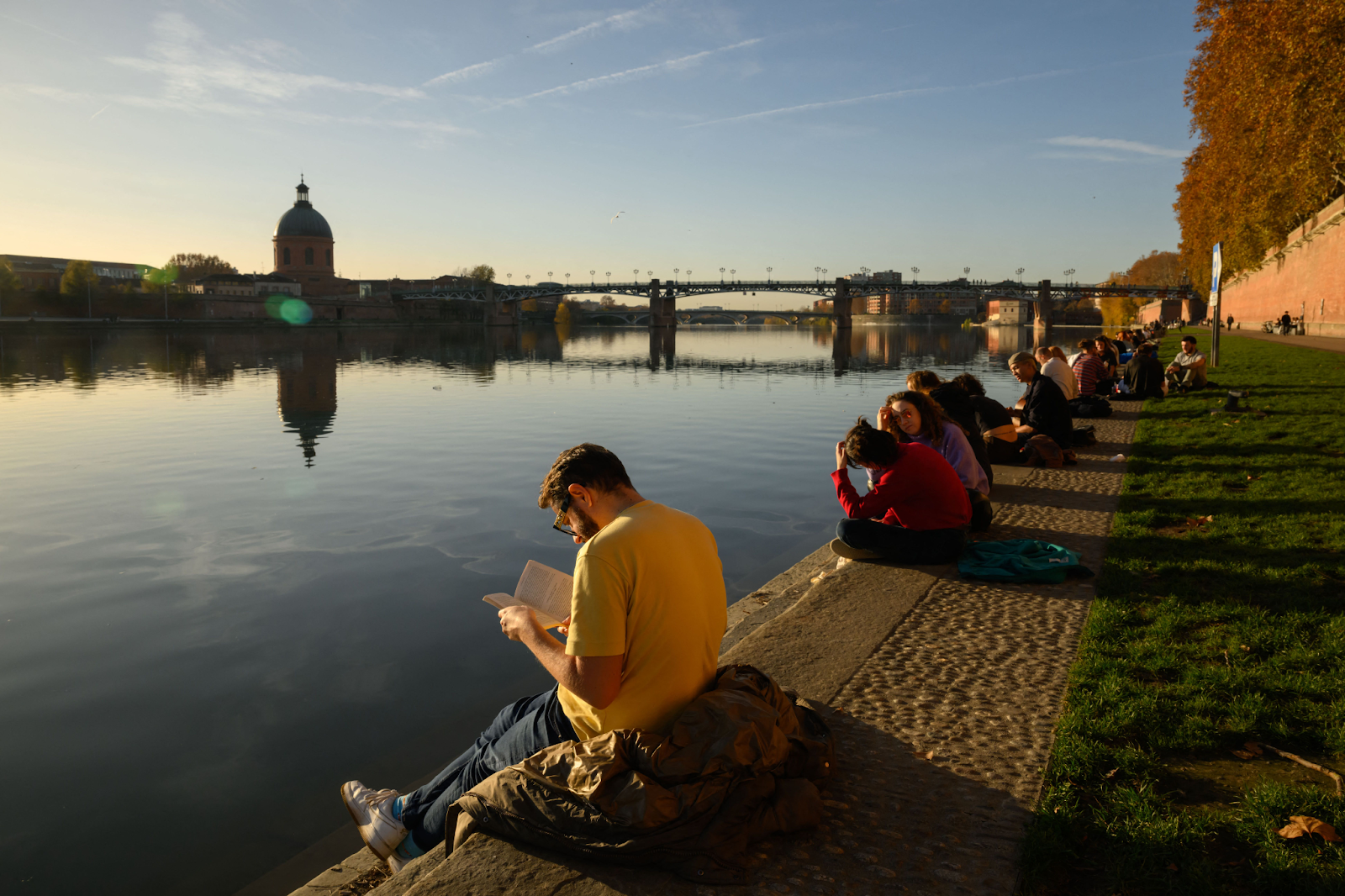
The “why” behind women’s reading habits is an amorphous, slippery thing. Experts I spoke with offered more anecdotes and curiosity than definitive answers.
What I can tell you is this: Women read fiction because it is a way to see and experience our world (and worlds beyond it) in powerful, personal ways. It is “an act of empathy,” Iyengar, the NEA researcher said. Some of the NEA’s studies have shown that literary readers are even more likely than non-readers to participate in social and civic activities in their communities.
Unfortunately, the gender gap in reading persists, and fiction-reading rates have declined at a comparable rate for men and women over the last ten years, Iyengar said. From 2012 to 2024, both men and women saw a roughly 8 percentage-point drop in their reading rates.
“The divide in reading rates – between men and women – remains, but it would have widened if more women had read in 2022. Closing this gap is important, but so is raising overall reading rates for both sexes” Iyengar said.
If you’re trying to get back into reading, Brabenec, the Brookline Booksmith buyer, suggests audio books as an alternative to print books. She recommends trying out an audio book of something you have already read before as an easy entry point into the medium.
For book buyers and folks within the industry, Sagendorph of Harvard Book Store suggests building displays and buying books that will “encourage people to read,” no matter their gender.
“People will buy the books that you put up and that you advertise. Just keep pushing the books that are going to appeal broadly and that are going to push boundaries,” she said.
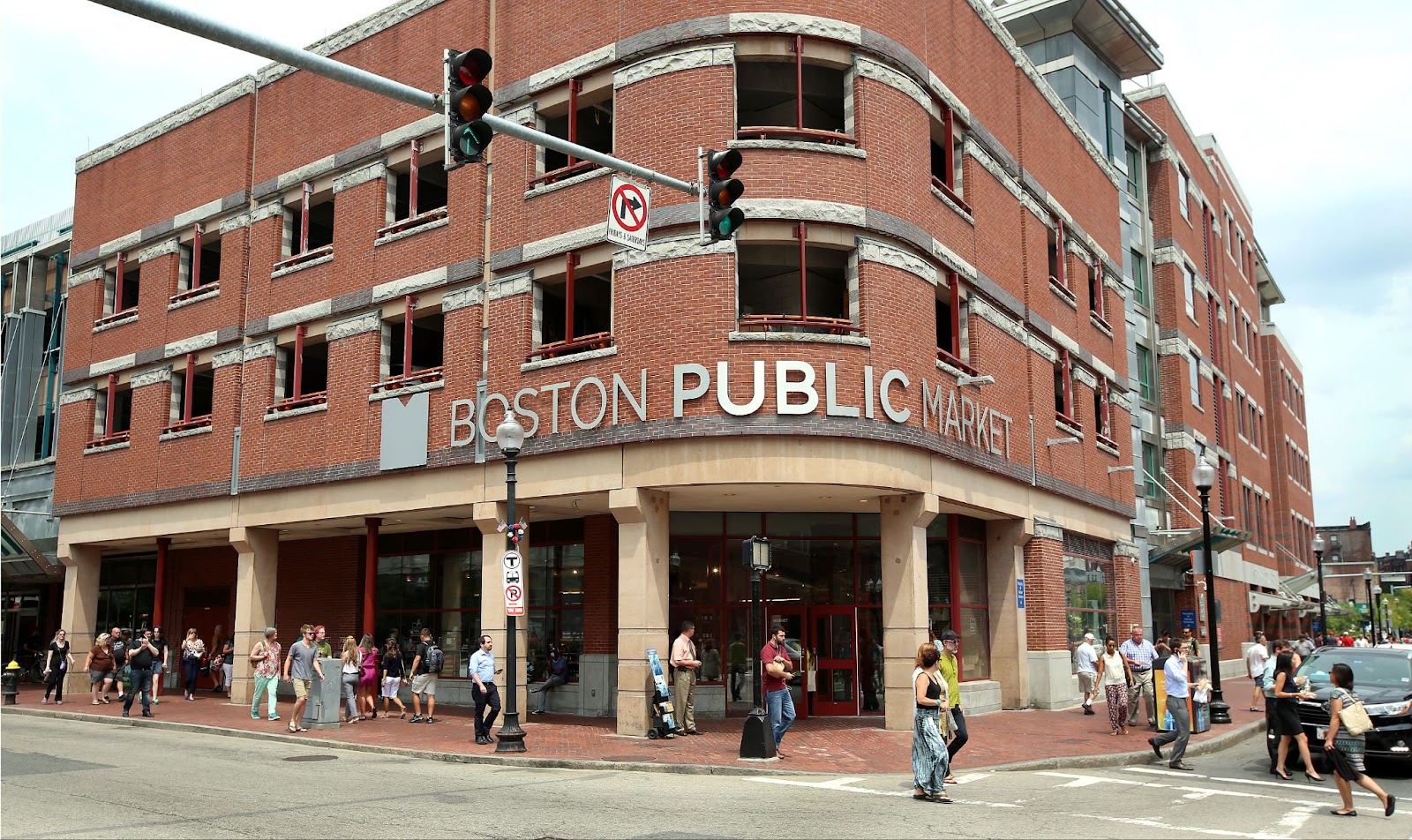
✏️ Pencil these in
Take a break from the news at these joyful literary events happening near you:
Poetry Open Mic at Trident Booksellers & Cafe | Mar. 30
Bring your own poetry works and perform them in front of a supportive crowd.
The Great Gatsby Centennial | Apr. 10
Celebrate the centennial of F. Scott Fitzgerald’s “The Great Gatsby” at Lovestruck Books. The evening will feature Gatsby-inspired fun, exclusive giveaways, and timeless elegance.
💡Answer me this
Earlier this month, I asked a trivia question about a famous quotation from an American feminist writer, and if you guessed Audre Lorde you were right!
Book Club reader Veronica N. was the first to respond with the answer. For answering the question correctly, she received a few personalized book recs from me. She was looking for women’s autobiographies and memoirs, as well as poetry about love, African American and Native American experience, and anything John Milton-esque. My top memoir rec was “Aftershocks” by Nadia Owusu, and I recommended poetry by Audre Lorde (of course), Joy Harjo, and Margaret Cavendish, among a few others.
Read on for our new trivia question.
Question: Which U.S. president declared the first National Women’s History Week in March 1980? Hint: This president, who served from 1977 to 1981, was the longest-lived U.S. president in history.
Email me your answer at [email protected]. The first reader who emails me with the correct answer to the trivia question will get a personalized book recommendation from me or a local bookseller.
Sign up for Book Club
Stay up to date on local books news, events, and recommendations from Boston.com.


